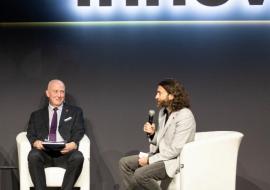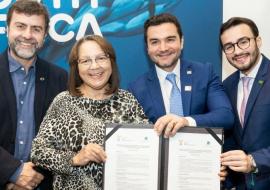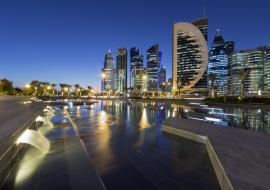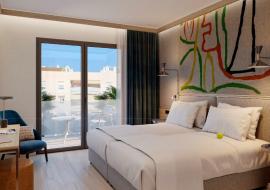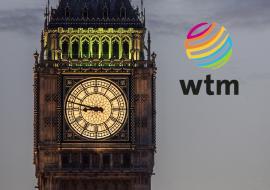WTM London 2023: Long-Term Legacy Should Be Pivotal for Major Events
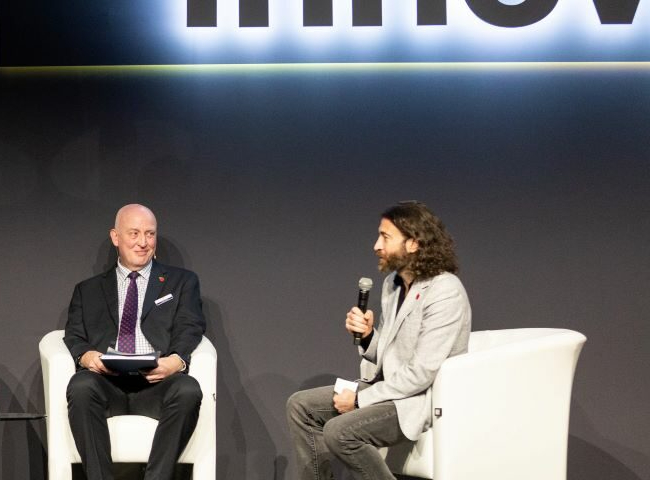
Host cities for sporting events such as the Olympics need to consider the long-term legacy of hosting, rather than concentrate on an immediate boost to visitor numbers.
In a session entitled “Winning Gold – why events, festivals and sport matter”, Joss Croft, CEO of UK Inbound, advised host cities and countries “to think about the legacy before it happens” and to consider what the legacy should be.
He said that London hosting the 2012 Olympic and Paralympics was “not aligned” with the UK brand, which is about heritage, history, tradition rather than sporting excellence, so the legacy was about changing perceptions. In contrast, Liverpool’s hosting of Eurovision, was on brand for Liverpool – inclusive, a strong musical heritage, tolerant.
“Eurovision was great for an immediate boost and reinforced what Liverpool is about. But the UK hosting the Olympics changed a lot of negative perceptions about the UK,” he said.
Joining him on the panel was Christophe Decloux, CEO, Paris Region Tourism Board. Paris is hosting the 2024 games, and one legacy that he is aiming for Paris to become one of the “best” tourism destinations in terms of customer satisfaction, rather than one of the “biggest” by volume.
“Paris will change for the better as a destination as a result of the games,” he suggested. “Repeat visits are important for us, and we are building new ways to experience Paris. Visitors in 2025 will come back to a different Paris.”
Accor is one of the biggest hotel chains in Paris. Stuart Wareman, its SVP Global Experiences, Events & Sponsorship was looking forward to the additional business it would bring to its Paris-based food and beverage, laundry operations and catering units. But for the core hotel business, his key KPI is market share.
“We should be able to fill the rooms but the important thing is how we do compared against other hotels, he stated.
He also made the point that the legacy of hosting the Paralympic Games should be “a catalyst for change and could open up accessible tourism.” He added that Accor is training its hoteliers to be more aware of the needs of this specific customer segment in advance of Paris 2025.
Smaller-scale business events can also be used to build a destination’s brand. Croft mentioned the UK’s so-called “Golden Triangle” – the area between London, Oxford and Cambridge – which is becoming a hub for life science industries. By hosting life science events in the area, the perception is strengthened and the hub becomes even more established.
A caveat to this, however, is that business events are subject to economic downturns. Unlike major sporting events which, according to Wareham, are “recession-proof”.








